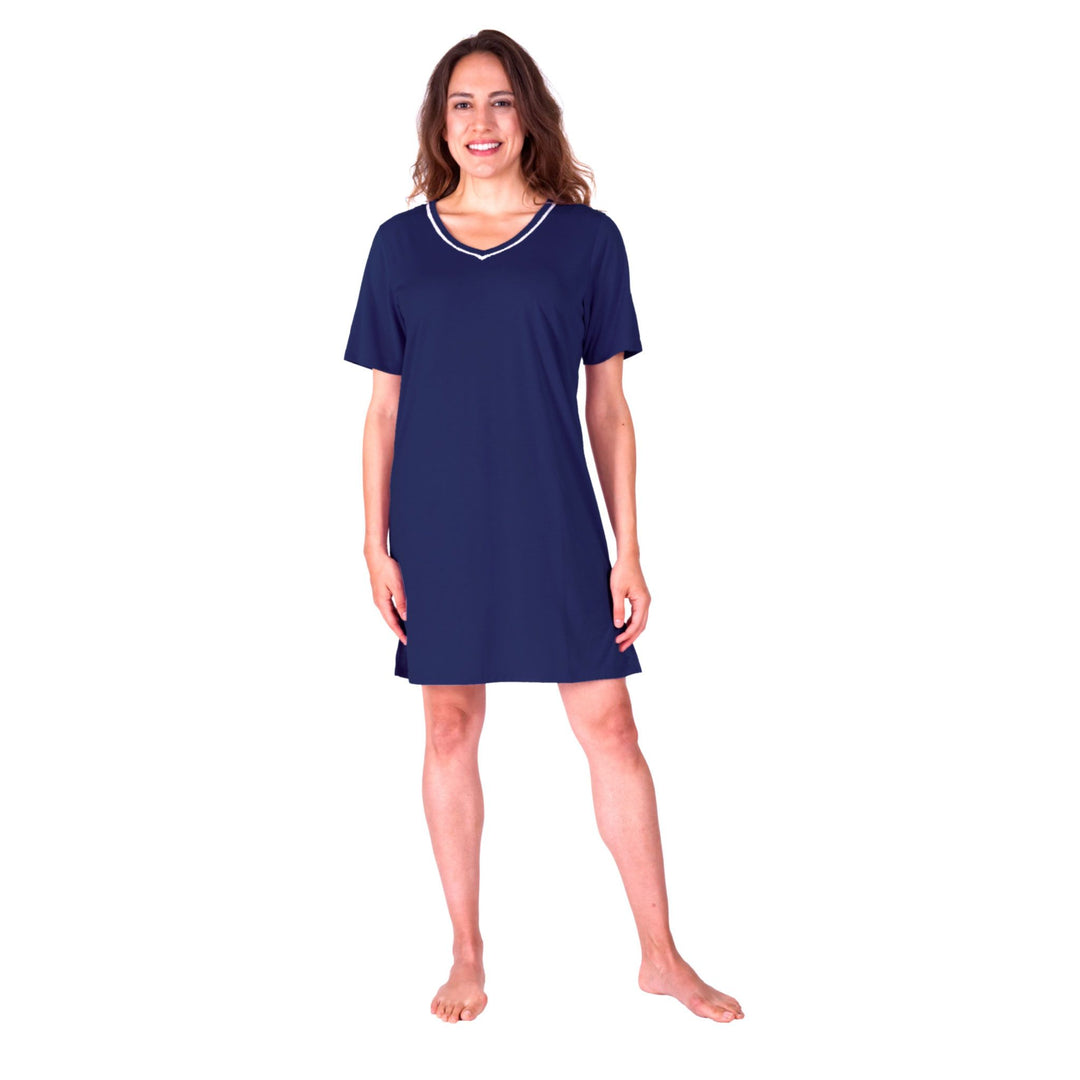Menopause and Your Skin

OK...we talk about hot flashes and night sweats so often, we thought we would shake it up and talk about the skin which is the body's largest organ and it's often where you we all see the first signs of aging . First it starts with those innocent fine lines around your eyes and mouth beginning in the late 30's and 40's. Many women say those changes increase during menopause. Could it be the loss of estrogen after our periods go away?
It seems that the loss of estrogen does play a big role but it is not the only reason you're spending so much time looking at your face in the mirror. In fact, your look now reflects your genes, the way you've been living for the last four or five decades and any environmental damage you may have been exposed to. Who can say they did not slather baby oil all over their skin when they were in their teens? Did we ever use sunscreen? Did sunscreen even exist? I think there was something we called suntan oil, but it had zero sun protection. A day late and a penny short, we are all thinking of skin protection. At least the younger generations are now aware of the problems caused by extensive sun exposure. You can't do much about your genes. If you're born into a family that wrinkles early, that's not your fault. But you have played a role in the other factors that cam damage skin. Here's a look at some of them:
Sun: Yes....we baked in the sun for hours without sunscreen. Now we're paying the price. If you look at the back of your hands and your top of your forearms, you probably see lots of tan or brown marks. These are called age spots and they result from sun damage that may have taken place decades earlier. If you want to really understand the damage that sun has done to your skin, take a look at a part of your body that never sees the sun (like your rear end). If you compare that skin to the skin on your hands, you will seen the difference between the skin you were born with and the skin the sun gave you. It isn't too late to protect you skin. Be sure to wear sunscreen every day on the parts of your body that are exposed to sun.
Smoking: Smoking wreaks havoc on the skin. You can tell a smoker from a non smoker by the fine lines around his or her mouth and eyes from years of drawing in and blowing out smoke. The nicotine in cigarettes decreases blood flow and keeps oxygen and other essential nutrients from reaching the skin. Constant exposure to heat from cigarettes may also damage your skin. You may also see skin discoloration on the fingers from holding cigarettes. The skin of a longtime smoker has a distinctive yellowish tinge that makes you look sallow. There are many, many other reasons to quit smoking but this could be the one that finally gets you to stop.
Hormones and undiagnosed physical problems: Some women consider menopausal hormone therapy just to slow skin aging. This is not necessarily a good reason to use hormones. Taking estrogen won't cause you to go back in time to undo the damage you have caused your skin from the sun or smoking and definitely can't change your genes. But hormones could be playing a role in another way. Undiagnosed thyroid disease at midlife could be behind dry and itchy skin. Other disorders that cause dry skin include diabetes and kidney disease. If your skin feels unusually dry and itchy, it might be menopause or perhaps it is something else. In our opinion, it is always best to talk to your doctor about these types of issues. Chances are it is not serious, but always best to get checked.







